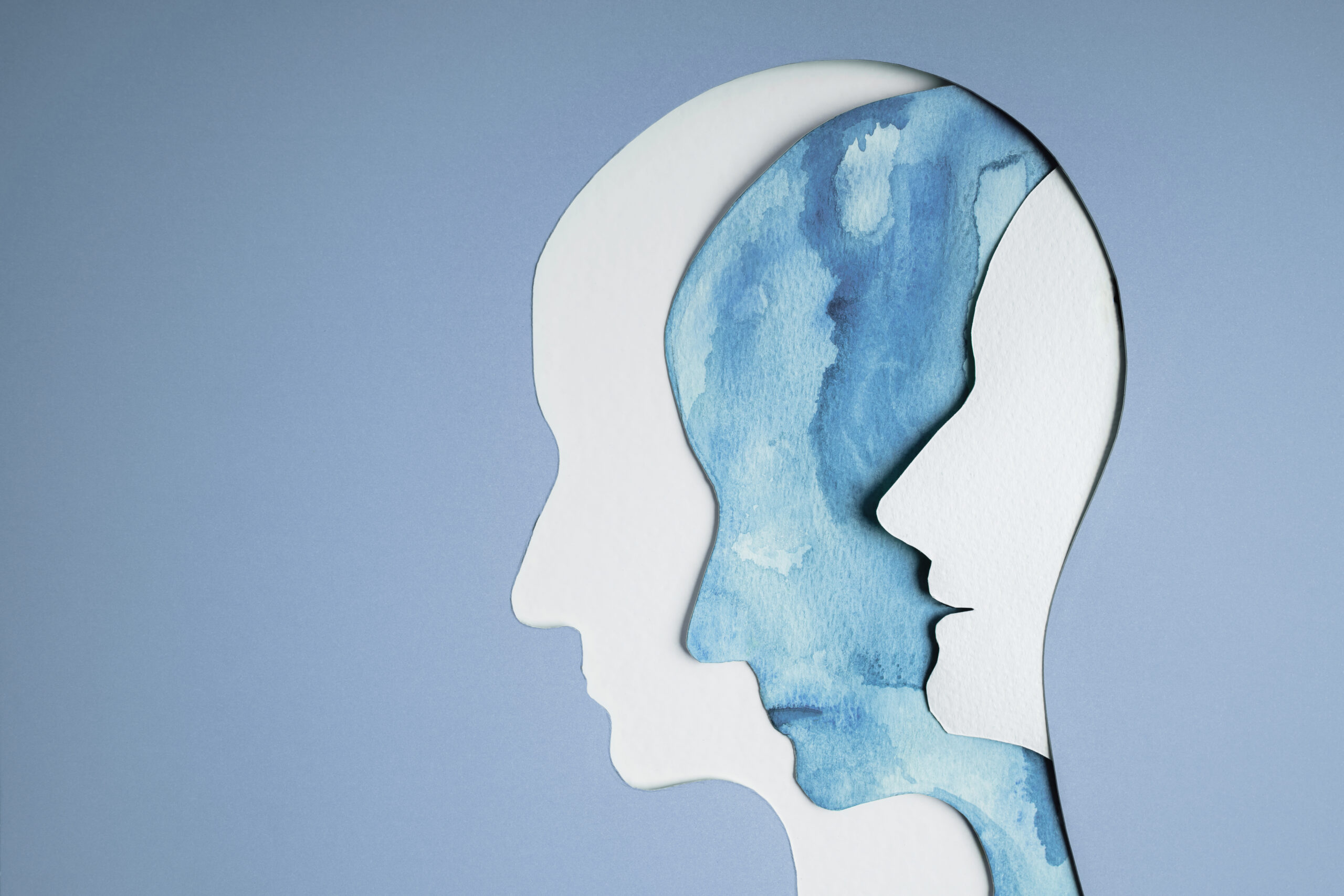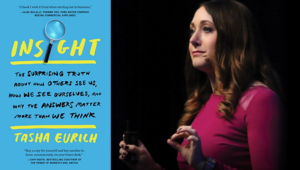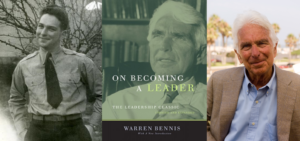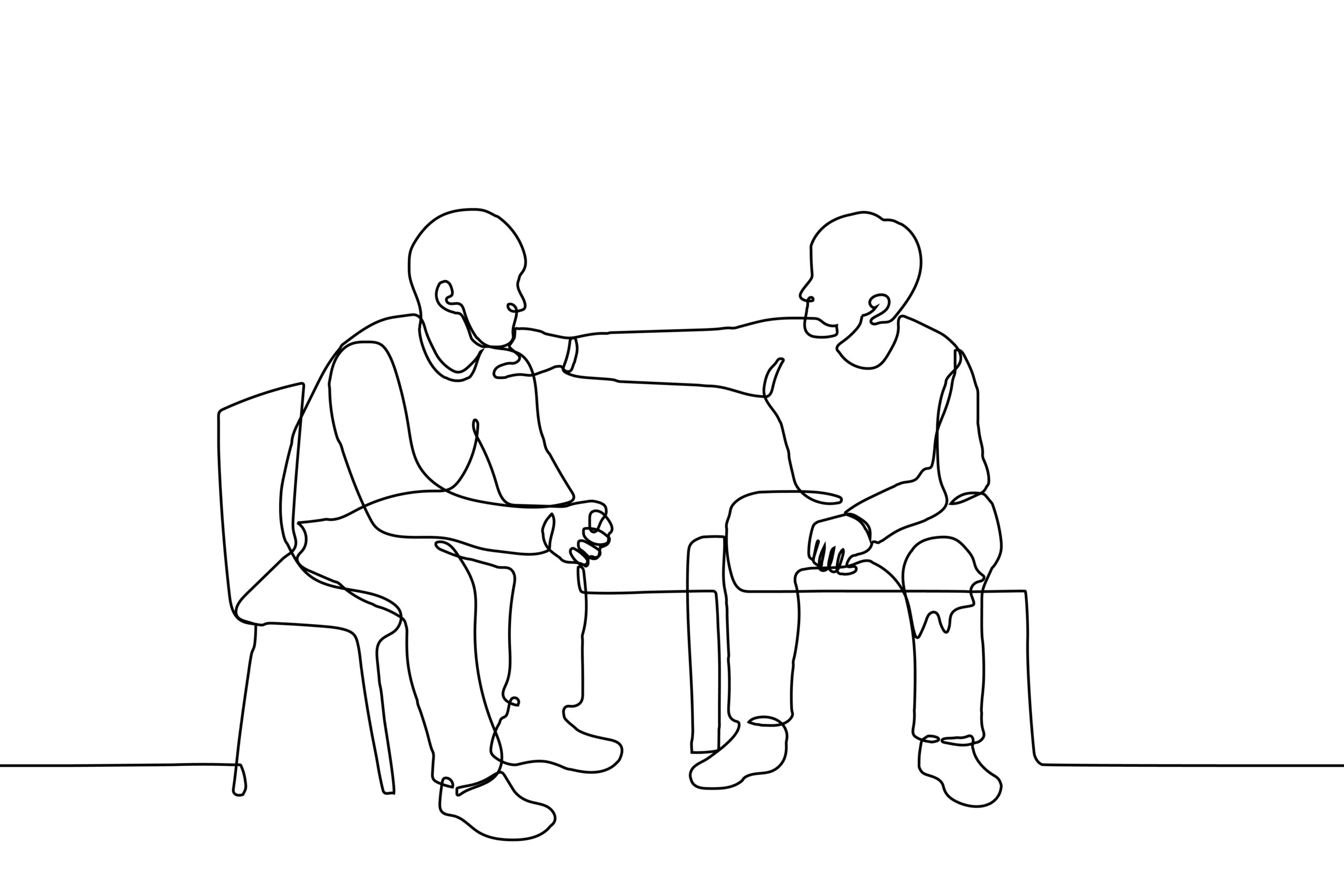Are you self-aware? It’s common for people to overestimate their self-awareness.
Being self-aware means having a clear and accurate understanding of yourself, including your feelings, motives, desires, core values, strengths, and weaknesses.
Do you have a realistic view of yourself,
including a good and true sense of how others perceive you?*
Based on multiple investigations with nearly 5,000 participants, organizational psychologist Dr. Tasha Eurich and her colleagues found the following:
“…even though most people believe they are self-aware, self-awareness is a truly rare quality:
We estimate that only 10-15% of the people we studied actually fit the criteria.”
-Dr. Tasha Eurich
Psychologist Daniel Goleman considers self-awareness one of the four domains of emotional intelligence (along with self-management, social awareness, and relationship management). What’s more, self-awareness is the foundation for the other three.
If you lack self-awareness, you’ll have blind spots that cause problems. For example, if you don’t know the reasons for your actions, you’re likely to keep making the same mistakes. Also, you’ll be less likely to take responsibility for them, damaging your credibility.
There are many benefits to having high self-awareness. For example, it can help you communicate more effectively, improve your relationships, and increase your happiness and fulfillment. It can help enhance your sense of personal control, improve your decision-making, increase your confidence, and augment your influence.
“…self-awareness is a predictor of success in leadership.”
-James Kouzes and Barry Posner, A Leader’s Legacy
Also, how can you expect to find good work that’s a good fit for you—and know what work you should avoid—if you don’t know your strengths, passions, and preferences, and if you don’t know what energizes you and what drains you? How can you avoid conforming to the desires of others if you don’t know your own heart?
“When you start thinking that you don’t know what to do with your life,
what you really mean is that you don’t yet know who you are.”
-Brianna Wiest, The Mountain Is You
How to Develop Self-Awareness: 7 Powerful Approaches
Here are seven things you can do to elevate your self-awareness:
1. Engage in frequent self-reflection.
Reflect on meetings or other encounters and their emotional wake. Pay attention to what you love, what you long for, and what makes you come alive. This means sometimes getting out of “climbing mode” (striving to move up the ladder of success, focusing on achievement and advancement) and getting into what I call “discover mode” (learning about who we are, including our values, strengths, passions, and dreams, and what we can do in the world). Listen to your inner voice.
2. Take assessments.
They can facilitate not only your self-awareness but also your personal development. For example:
- Quality of Life Assessment
- Traps Test (Common Traps of Living)
- Personal Values Exercise
- Leadership Derailers Assessment
- Insight Quiz (Dr. Tasha Eurich)
- StrengthsFinder 2.0
- Myers-Briggs Type Indicator
- Enneagram
- Sparketype
3. Ask for input from family, friends, mentors, and coaches.
Solicit honest feedback, not only about your behaviors and strengths but also about your weaknesses and blind spots. At work, this can include “360-degree reviews.”
4. Consider not only what you know about yourself but also what others know about you.
For this, check out the Johari Window, a framework that can help you identify what’s known to yourself (or not) and what’s known to others about you (or not). See below.
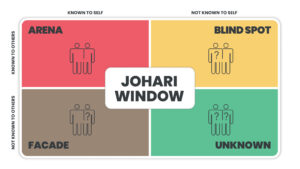
How many people get to see your true self? Do you have blind spots—things that are known by others about you that you’re not aware of? Consider writing down ten words that describe yourself—your main characteristics. Then have people who know you well do the same for you. Compare the lists to see how much overlap there is (or isn’t).
5. Journal.
As you journal, reflect on your experiences and feelings. Seek insights and look for patterns.
6. Join or start a small group.
When run well, small groups can facilitate deep conversations about meaningful things. Make sure the conversation includes not only self-reflection but also input from the group. That way, participants will have a chance to consider new insights in a safe environment.
7. Make time for renewal and sanctuary.
Engage in daily restorative activities (e.g., meditation, yoga, or gardening). Find places or practices of peace that help you guard and recenter your heart. Without renewal and sanctuary, you’re likely to be too scattered and frazzled to maintain high self-awareness.
Developing your self-awareness will have powerful effects on your life, work, relationships, and leadership. It’s an investment that pays big dividends.
“’Know thyself’… is still the most difficult task any of us faces. But until you truly know yourself, strengths and weaknesses, know what you want to do and why you want to do it, you cannot succeed in any but the most superficial sense of the word.” -Warren Bennis, On Becoming a Leader
Reflection Questions
- How well do you know yourself?
- Might you be overestimating your self-awareness, like so many others?
- Are you asking for feedback regularly, and are you truly open and receptive to it?
Tools for You
- Strengths Search Tool to help you identify your core strengths and integrate them more into your life and work
- Traps Test (Common Traps of Living) to help you identify what’s getting in the way of your happiness and quality of life
- Quality of Life Assessment to help you discover your strongest areas and the areas that need work and then act accordingly
Related Articles
- “What Happens When Leaders Lack Self-Awareness”
- “Self-Deception: Why We Do It and How to Stop It”
- “The Trap of Losing Yourself”
- “The Trap of Living Someone Else’s Life”
- “Journaling: Benefits and Best Practices“
- “How to Discover Your Purpose“
- “How to Discover Your Core Values“
- “What Are Your Strengths–And How Can You Use Them More?“
- Tasha Eurich, “What Self-Awareness Really Is (And How to Cultivate It),” Harvard Business Review, January 4, 2018
Related Books and Videos
- Parker Palmer, Let Your Life Speak: Listening for the Voice of Vocation
- Tasha Eurich, Insight: The Surprising Truth about How Others See Us, How We See Ourselves, and Why the Answers Matter More than We Think
- William L. Sparks, “The Power of Self-Awareness,” TEDx Asheville
- Tasha Eurich, “Increase Your Self-Awareness with One Simple Fix,” TEDx Mile High
Postscript: Inspirations on Self-Awareness
- “Knowing others is intelligence; knowing yourself is true wisdom.” -Lao Tzu, ancient Chinese philosopher
- “Know thyself.” -inscribed on the temple wall at Delphi, 6th century BCE
- “If a man does not know himself, how should he know his functions and his powers?” -Michel de Montaigne, 16th century French Renaissance philosopher and writer
- “Self-knowledge is best learned, not by contemplation, but by action. Strive to do your duty and you will soon discover of what stuff you are made.” -Johann Wolfgang von Goethe, German writer, poet, and scientist
- “Do you want to know who you are? Don’t ask. Act! Action will delineate and define you.” -Witold Gombrowicz, Polish writer
- “When I discover who I am, I’ll be free.” -Ralph Ellison, Invisible Man
- “The deepest vocational question is not ‘What ought I to do with my life?’ It is the more elemental and demanding ‘Who am I? What is my nature?’… Vocation does not come from willfulness. It comes from listening…. Before I can tell my life what I want to do with it, I must listen to my life telling me who I am.” -Parker Palmer, Let Your Life Speak: Listening for the Voice of Vocation
- “To be aware of a single shortcoming within oneself is more useful than to be aware of a thousand in somebody else.” -Tenzin Gyatso, 14th Dalai Lama
“Self-awareness is the foundation of authenticity. You develop it by exploring your life story and your crucible, and by understanding how these experiences shape you as a person and leader. You enhance it as you seek honest feedback from others. You refine it by adopting practices that help you remain mindful and aware, even amidst life’s chaos.”
-Bill George and Zach Clayton, True North: Emerging Leader Edition
* There are two types of self-awareness, according to researchers. The first type, internal (or private) self-awareness, is about how clearly you see yourself and whether you notice and reflect on your own internal state. The second type, external (or public) self-awareness, is about how aware you are of how you appear to others.
+++++++++++++++++
Gregg Vanourek is a writer, teacher, and TEDx speaker on personal development and leadership. He is co-author of three books, including LIFE Entrepreneurs: Ordinary People Creating Extraordinary Lives (a manifesto for integrating our life and work with purpose, passion, and contribution) and Triple Crown Leadership: Building Excellent, Ethical, and Enduring Organizations (a winner of the International Book Awards). Check out his Best Articles or get his monthly newsletter. If you found value in this article, please forward it to a friend. Every little bit helps!

